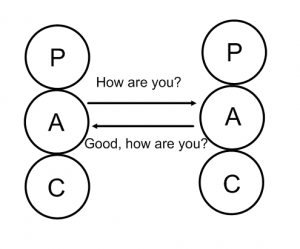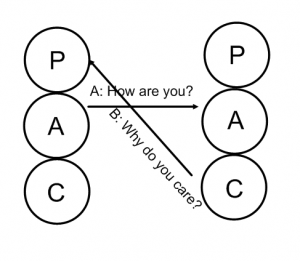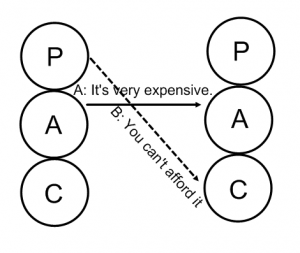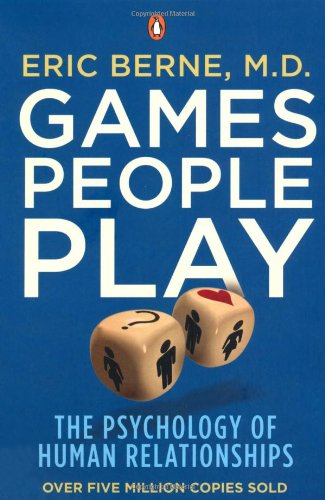 Script is often compared to destiny or fate by those who misunderstand this Transactional Analysis idea. So what does a TA therapist mean by script?
Script is often compared to destiny or fate by those who misunderstand this Transactional Analysis idea. So what does a TA therapist mean by script?
As we grow up, we observe the world and work out how we can survive it. We make decisions when we are young that can stay with us for the rest of our lives unless we challenge these beliefs when we are adults and learn to do things differently.
Script is a central concept in TA.
Script is:
“A life plan based on decisions which limit a person’s ability to problem solve and relate intimately with people” (Erskine, R. 1980).
One of the main roles of a TA psychotherapist is to challenge script beliefs in their clients and help them move towards autonomy.
Many of the decisions that we make about the world are made completely out of our awareness and for good reason. For example, if, as a child, Bob is punished every time he cries, he learns very quickly not to cry or show emotions. He may develop a script belief that men shouldn’t cry and feel uncomfortable around men who show their emotions and find it difficult to deal with his own when things get tough in his personal life.
His script decision has kept him safe as a child and was a great way of surviving, but as an adult he is not in danger if he shows his emotions and his inability to do so may well cause difficulty between him and his partner who feels he is cold and remote from her.
If I was doing therapy with Bob, I may well bring Bob’s script beliefs around emotions into his awareness where they can both discuss where they originated from and how they can be changed if that’s what Bob wants. The result of changing these beliefs for Bob might be a better relationship with his partner, who feels closer to him, and a reduction in stressful feelings as Bob now realises it’s OK to feel sad and scared and is able to talk about these feelings more easily with people he trusts.
And that’s the key to script – we made the decisions so we can change them. We have that power.
By having our script beliefs brought into our awareness and challenging those that limit us we have the opportunity to lead more spontaneous, flexible and intimate lives.
We choose our own destiny. Our fate is in our own hands. A good therapist helps us realise our dreams that bit quicker.
What do you think? Do you believe in destiny? Is there such a thing as fate? Please let me know your opinions and ideas by commenting below.
Erskine, R, Script Cure: Behavioral, Intrapsychic and Physiological. Transactional Analysis Journal, 1980, 10 (2) 102-106.
 Now I want to start this post by saying your boss isn’t all bad, I mean we are in the land of
Now I want to start this post by saying your boss isn’t all bad, I mean we are in the land of  A – “Sit down in your seat.”
A – “Sit down in your seat.” Pete – “You’re late again! You better make the time up!” (Controlling Parent inviting Child response)
Pete – “You’re late again! You better make the time up!” (Controlling Parent inviting Child response) message that gets picked up. The most well known example is “want to come in for coffee?” after a night out with a new partner. That invite is unlikely to be about discussing the richness of a mocha (unless you’re Tom Hanks in “Big”).
message that gets picked up. The most well known example is “want to come in for coffee?” after a night out with a new partner. That invite is unlikely to be about discussing the richness of a mocha (unless you’re Tom Hanks in “Big”).
